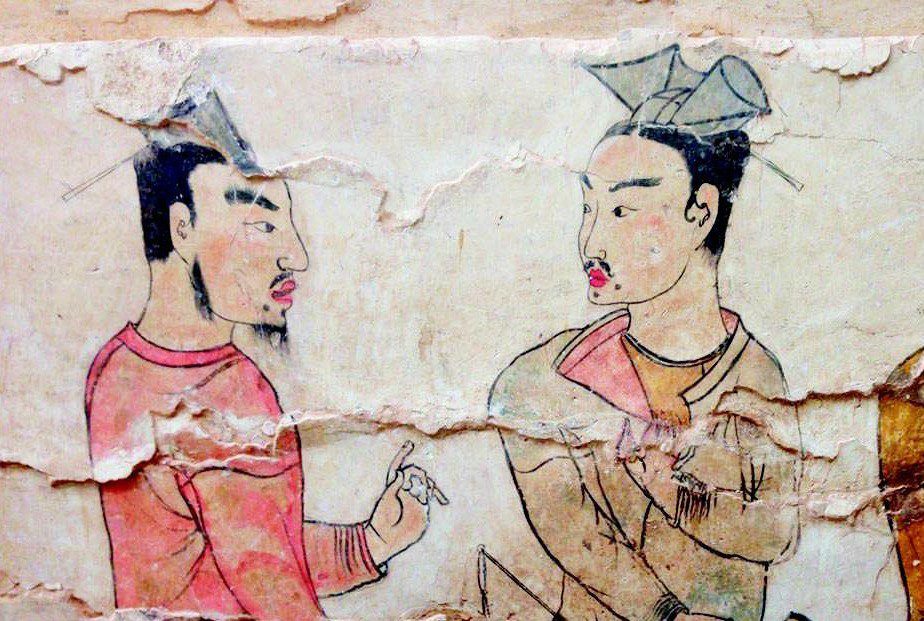
Problematic Analogies: Diplomatic Exchange and the Discourse of Legitimacy in Early Medieval China
Lu Kou, Columbia University
April 17, 2024 · 4:30 pm—6:00 pm · 202 Jones Hall
East Asian Studies Program

During the Period of the Northern and Southern Dynasties (420-589), royal envoys, chosen for their broad learning and eloquence, traveled across borders and actively engaged with their hosts in the “war of words,” debating topics ranging from weighty matters like dynastic succession to lighter subjects such as food and weather. As representatives of their respective states, these envoys and their hosts sought to publicly assert the legitimacy of their state and humiliate or even denounce their adversaries through verbal battles. This talk focuses on one prevalent rhetorical device used to establish legitimacy in medieval court culture and its transformation in the diplomatic context: forming historical analogies. By employing vocabularies, allusions, and references associated with models and exemplars from the past, court members represented current dynasties as comparable or even identical with the former glorious empires, such as Zhou and Han governed by sage-rulers, thereby constructing a lineage of cultural inheritance. Diplomatic engagement, however, complicated this rhetoric, as any resemblance between the present and past proposed by the envoy was subject to challenge from their interlocutors, and triangulating “we,” “you,” and “the past” also unraveled the lineage of political orthodoxy accepted within one court community. This talk discusses how the rhetoric of analogy was employed, denied, and stretched to the limit in early medieval diplomatic context and how the mismatch between rhetoric and reality prompted deepened reflections on legitimacy as a discursive construct. Rather than treating legitimacy as a well-defined intellectual concept, this talk considers legitimacy as a rhetorical event and examines the basic discursive modes, such as forming analogy, that make legitimacy legible and negotiable. Finally, this talk illustrates the early medieval period as one characterized by deepened rhetorical awareness. During verbal negotiations among rhetorical equals, court elites tested the boundaries of meaning-making and interpretation.















